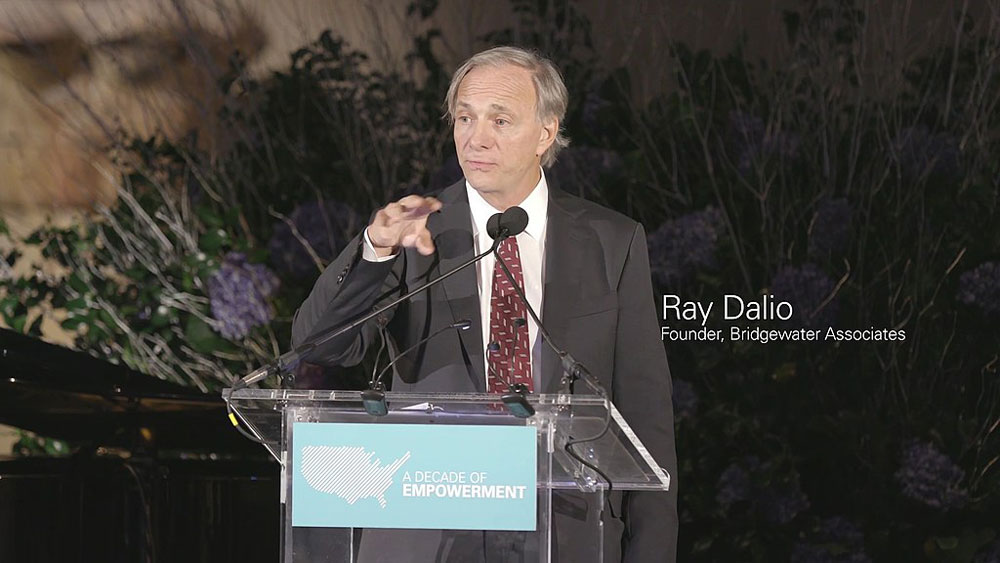
March 6, 2020; Hartford Courant
NPQ has written a panoply of articles over the years looking at the warping effect of billionaire high rollers on our public school systems. In a way, this is just another “dog bites man” story; we know the terrain.
This latest incident comes from Connecticut, where hedge fund billionaire Ray Dalio and his wife Barbara have invested $100 million in the Partnership for Connecticut, an effort to improve the performance of the state’s lowest-ranked schools. That $100 million, however, has been matched once by state funds and is due to be matched again by other private sector money yet to be raised, even as the Dalios are apparently taking key decisions on themselves—specifically, decisions about how to talk about the program, a job which appears to have been contracted out to a highly politically connected firm, Global Strategies Group.
All of this comes amid calls for transparency and ahead of a hearing on Senate Bill 367, “An Act Subjecting The Partnership for Connecticut, Inc. to the Freedom of Information Act and State Ethics Code.” Jon Lender of the Hartford Courant writes that when asked about the legislative proposal, the partnership issued a statement through Global saying it is “deeply committed to transparency” and “has four elected General Assembly leaders on its 12-member governing board who are subject to the Freedom of Information Act as public officials.”
And indeed, that might have passed as a nod to transparency, but when contacted, those board members claimed not to be in the loop.
Sign up for our free newsletters
Subscribe to NPQ's newsletters to have our top stories delivered directly to your inbox.
By signing up, you agree to our privacy policy and terms of use, and to receive messages from NPQ and our partners.
Martin Levine, an NPQ newswire writer, reported in last July on core concerns about transparency and public accountability when it came to this plan. Deputy House Republican leader Vincent Candelora said then that the partnership was being treated like a private investment firm: “We are handing tax dollars over to them and they’re the gatekeepers to decide what and when is going to be released to the public.”
In written testimony submitted in advance of Friday’s hearing, the House Republican office says the new partnership “has noble intentions—to provide Connecticut’s disengaged and disconnected youth with access to educational and career opportunities.” However, being exempt from Connecticut’s Freedom of Information Act is a “fatal flaw in its statutory underpinnings.”
We believe in a simple maxim: where public funds are spent, public accountability is required.…Compliance with the Freedom of Information Act is critical to ensure public trust.
That being said, we also know it is critical that we be able to have candid conversations with the board and stakeholders and community partners to ensure they feel comfortable talking about the many barriers to learning and success. These could include topics such as race, economic status, learning differences, and personal health issues. We cannot hope to address these difficult issues if people in the community don’t feel comfortable talking about them, which many of them would not if they had to discuss them in public.
—Ruth McCambridge













